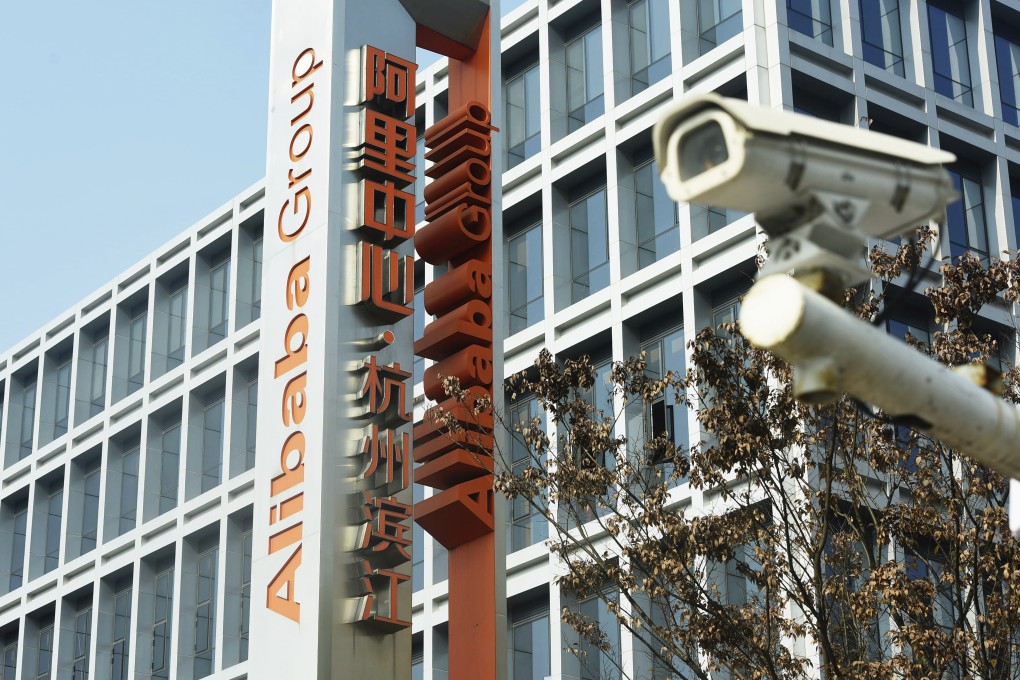Alibaba vows to ‘pay attention to’ new regulations as it reports lower-than-expected first-quarter revenue growth
- Alibaba on Tuesday posted lower-than-expected revenue of US$31.8 billion in the quarter ended June
- Net income for the quarter was US$6.6 billion, beating the projected 31 per cent decline, according to Bloomberg consensus estimates

E-commerce giant Alibaba Group Holding reported a lower-than-expected 34 per cent increase in quarterly revenue, as the company vowed to “pay full attention to” the new regulatory landscape that has rattled China’s Big Tech sector.
Alibaba on Tuesday posted revenue of 205.7 billion yuan (US$31.8 billion) in its fiscal first quarter ended June 30, compared with 153.7 billion yuan in the same quarter last year. The figure was lower than analysts' consensus estimates compiled by Bloomberg, which was for 36 per cent growth to 209.38 billion yuan.
“In the past few months, Chinese regulators have issued rectification requirements against the community marketplace players selling below cost, which hurts the market integrity, and community livelihoods,” Daniel Zhang Yong, executive chairman and chief executive of Alibaba, said on a call with analysts after the results were released.
“We have to pay full attention to the regulatory requirements, and will continue to operate with discipline,” he said.
Alibaba, which owns the South China Morning Post, said its net income for the quarter fell 8 per cent year on year to 42.8 billion yuan, handily beating the expected 31 per cent decline to 31 billion yuan in the Bloomberg consensus.